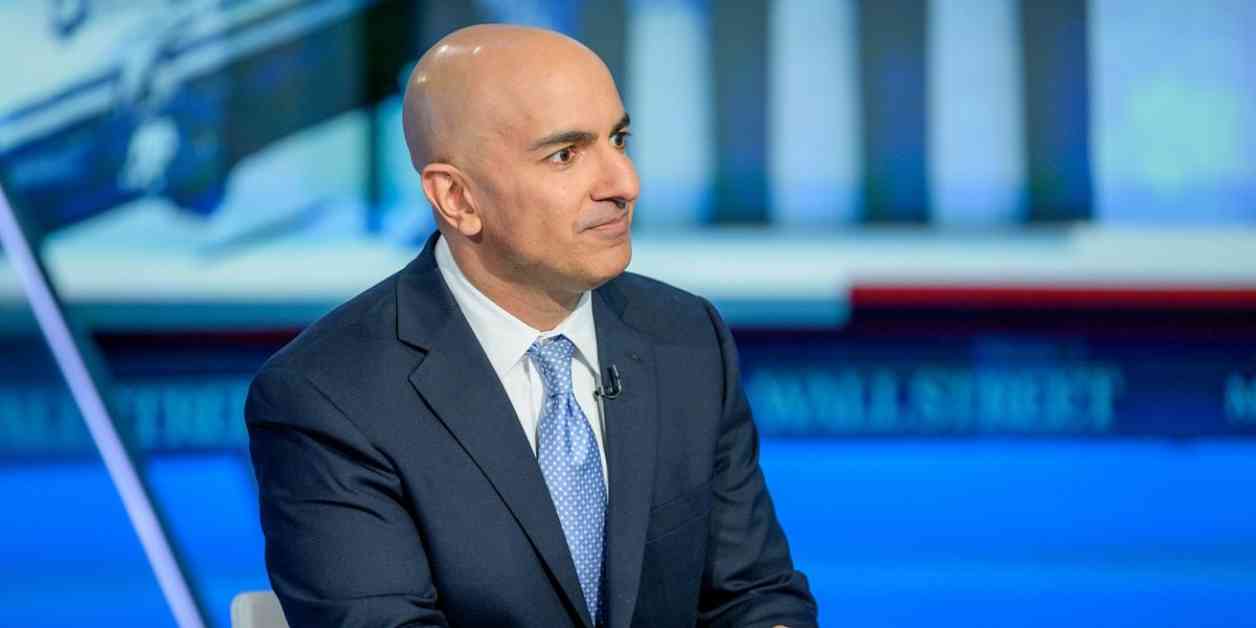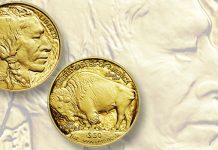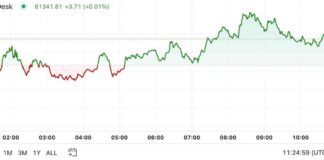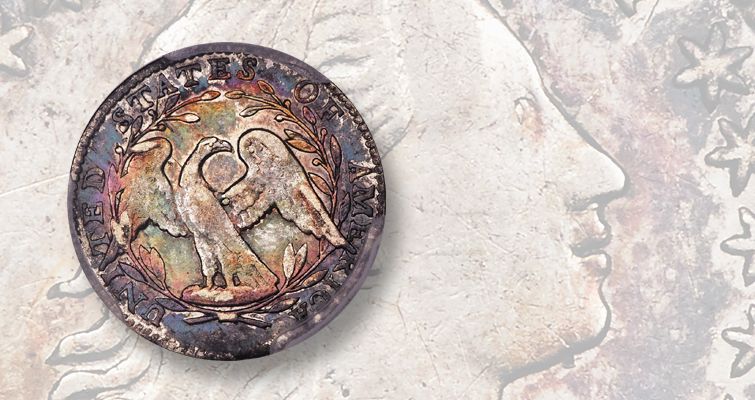Minneapolis Federal Reserve President Neel Kashkari has been a vocal critic of bitcoin and other cryptocurrencies for a long time, dismissing them as “worthless,” “fraudulent,” and “nonsense.” However, in a recent conversation with CoinDesk, he expressed a willingness to keep an open mind and possibly reconsider his views.
Despite this shift in stance, Kashkari still struggles to see the practical applications of cryptocurrencies in real life, especially considering the industry’s failure to achieve widespread adoption over the years.
The lack of clear utility beyond being a speculative asset raises questions for Kashkari about the role of cryptocurrencies in the broader economy. He pointed out that despite being around for over a decade, cryptocurrencies have not made significant inroads beyond being seen as investment tools.
The resistance from the federal government has also hindered the integration of cryptocurrencies into the traditional financial system, which is overseen in part by the Federal Reserve. However, with the recent election of Donald Trump as the next president, there is potential for a shift in this stance.
Trump’s victory has raised hopes within the crypto community for more supportive policies towards the industry in the U.S. There are even rumors that Trump may take steps to weaken the Federal Reserve, the institution where Kashkari works. However, it is worth noting that Trump’s attempt to remove the current Federal Reserve Chair in 2018 had negative repercussions on the stock market.
As the transition to the new administration approaches, Federal Reserve Chair Jerome Powell has indicated that he does not plan to resign despite potential changes under Trump. This sets the stage for potential shifts in policies and regulations that could impact the future of cryptocurrencies in the U.S.
Overall, Kashkari’s willingness to keep an open mind towards cryptocurrencies signals a potential shift in the Federal Reserve’s perspective on this emerging asset class. As the industry continues to evolve and adapt, it will be important to monitor how regulatory bodies like the Federal Reserve respond to these changes in the coming years.














